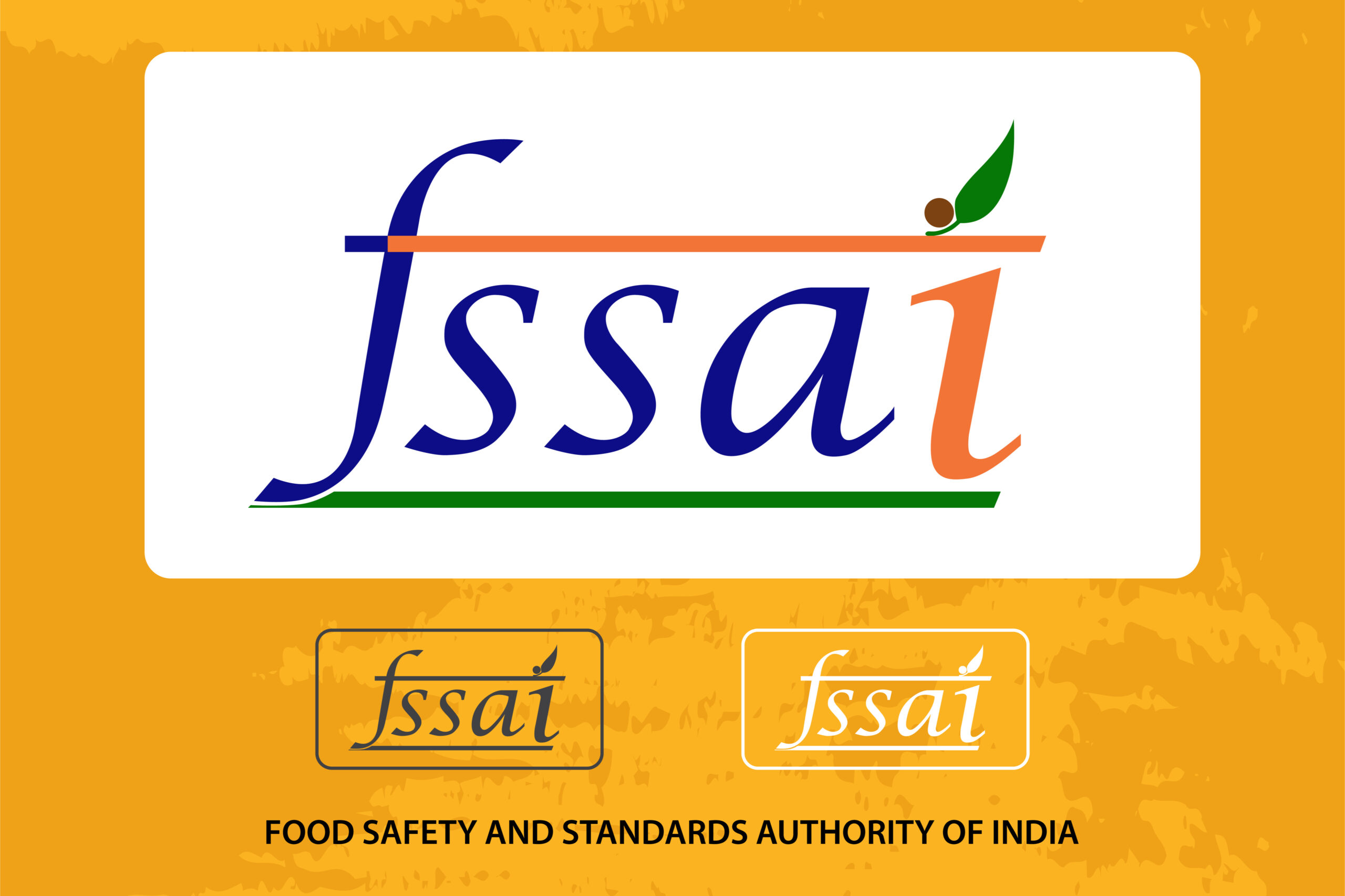In this article, we will take a closer look at the regulatory requirements that need to be fulfilled to start a cafe in Chennai.
Overview on Permits Needed To Start A Cafe In Chennai: Chennai is well known for being a manufacturing hub, a strategic port and India’s primary metropolis in the southern part of the country. But another thing that Chennai is very well known for is the coffee culture. Chennai’s famous filter coffee has placed the city as one of the must-visit destinations for caffeine connoisseurs from around the world. So it shouldn’t come as a surprise that the coffee business in Chennai is quite vibrant and one can find many cafés across the city serving the piping hot speciality at their establishments.
However, like all other businesses, there are certain permits needed to start a cafe in Chennai. Besides, being an edible item, there are quite a few additional regulations that have been imposed on the registration and maintenance of a cafe, as it is with all edible items all over the world. Most governments have a separate division with the responsibility of testing and approving the quality of edible items in the interest of public health safety. And without clearance and licence from these authorities, no establishment is allowed to serve edibles to the general public.
In India this government division is known as the Food Safety and Standards Authority of India or FSSAI. Any organisation that is in the business of selling edible products for human consumption must get certification from the FSSAI, which involves paperwork as well as lab tests prior to approval.
FSSAI Registration
The FSSAI was established as a government organisation under the Food Safety and Standards Act, 2006 (FSS Act) legislature. All Food Business Operators or FBOs must either get registered or obtain a licence from this authority to operate their business. There are three types of FSSAI registrations that are issued by the authority. They are as follows:
- FSSAI Basic Registration – FBOs having a turnover of less than Rs.12 lakh p.a must obtain FSSAI basic registration. The FSSAI registration form that the applicant has to fill to obtain FSSAI basic registration is Form A.
- FSSAI State License – FBOs having a turnover of more than Rs.12 lakh p.a and less than Rs.20 crore p.a must obtain the FSSAI state licence. The FSSAI registration form that the applicant has to fill to obtain an FSSAI state licence is Form B.
- FSSAI Central License – FBOs having a turnover of more than Rs.20 crore p.a must obtain the FSSAI central licence. The FSSAI registration form that the applicant has to fill to obtain FSSAI central licence is Form- B.
Documents Required for Basic FSSAI License
- Photo identity proof of the FBO.
- Address proof of business.
- Proof of possession of business premises.
- Business constitution certificate.
- Nature of business details.
- List of food products manufactured or processed.
Documents Required for Tamil Nadu State FSSAI License
- Form B duly filled and signed by the applicant.
- Address proof of business.
- The layout of the processing unit.
- Proof of possession of business premises.
- Business constitution certificate.
- Name, record, horsepower used and installed capacity of machinery and equipment with the number.
- List and contact details of directors, partners or executive members of society or trust.
- ID and address proof of the proprietor, partners, directors or authorised signatory.
- Analysis report of water used in food from a recognised or public health laboratory.
- List of food items desired to be processed or manufactured.
- Authority letter from the manufacturer nominated the responsible person with name and address details.
- NOC from the manufacturer.
- Food safety management system plan or certificate.
Documents Required for Central FSSAI License
- Form B duly completed and signed
- Plan of the processing unit showing the dimensions and operation-wise area allocation
- List of Directors/ Partners/ Proprietor with address, contact details, and photo ID
- Name and list of equipment and machinery used with the number and installed capacity
- Authority letter from manufacturer nominated a responsible person name and address
- Analysis report of water to be used in the process to confirm the portability
- Source of raw material for milk, meat etc
- Recall plan wherever applicable
- Ministry of Commerce Certificate for 100% EOU
- NOC/PA document issued by FSSAI
- IEC code document issued by DGFT
- Form IX
- Certificate from Ministry of Tourism
- Supporting document for proof of turnover and transportation
- Declaration form
FSSAI Certification Process
- Visit the FoSCoS portal.
- Click on the option of ‘Apply Licence / Registration’ on the home page.
- Select the state as ‘Tamil Nadu’ from the dropdown list.
- Click on the applicable option – ‘Manufacturer’, ‘Trade/Retail’, or ‘Food Services’ as per the nature of the business.
- Select the applicable turnover or production capacity option. Click on the ‘Proceed’ button.
- Click on the option of – ‘Click here to apply for Registration for all businesses’ or the ‘Click here to apply for State License for all businesses’ on the next page.
- Fill the details in Form A or Form B, upload the documents and make payment. Click on the ‘Submit’ button.
- The FSSAI registration application form will be submitted, and the FSSAI authorities will inspect it. They will issue the FSSAI Basic Registration or FSSAI State License when the applicant meets all the requirements of the FSS Act.
In addition to the above procedure the FBO must meet the following conditions as well
- Access for licensing authorities to the business premises for inspection purposes.
- Inform the concerned authorities of any changes in operations.
- The FBO can only process the food products in their units as mentioned in the FSSAI registration/licence.
- The FBO must maintain the standards of hygiene and sanitation as per the standards prescribed by the licensing authorities.
- The FBO must use standardised raw materials with optimum quality.
- The business premises of the FBO must be installed with a clean in place system for the cleaning of equipment and machines.
- FBOs involved in the sale of cooked food must display a notice board of the nature of articles sold.
- The FBO must not engage in the distribution or sale or offer for dispatch, sale, or delivery of edible oil that is not marked, packed or labelled in the prescribed manner.
The fee for Basic FSSAI Registration in Tamil Nadu is ₹ 100.
The fees for a State FSSAI License in Tamil Nadu depends on the size of the business. They are as follows:
- Manufacturer with a production capacity above 1MT per day or 10,001 to 50,000 litres of milk per day – ₹ 5,000.
- Manufacturer with a production capacity below 1 MT per day or 501 to 10,000 litres of milk per day – ₹ 3,000.
- Three and four-star hotels – ₹ 5,000.
- Food service providers, including canteens (schools, offices, colleges, institutions), clubs, banquet halls with food catering arrangements, restaurants/boarding houses, caterers, food vendors, etc. – ₹ 2,000.
- Other food business operators – ₹2,000.
- Distributors, retailers and wholesalers – ₹2,000.
Other Registrations
Business Registration & Trade License – It is always advisable to register your business as a separate legal entity so you can open bank accounts in the name of the business, execute transactions in the name of the business and carry out operations in the name of the business. So getting your business registered as a Company, LLP, Partnership or Sole proprietorship is highly recommended.
GST License – With its unified tax system, every business in India now requires a GST License, which you too will require as one of the permits needed to start a cafe in Chennai.
Professional Tax Registration – Starting a café would be incomplete without employees and workers. Professional Tax registration will allow you to employ workers but you should pay a professional tax for it.
Shops and Establishment Certificate – Before you set up a shop, you will be needing permission to open a shop and employ workers. Get this done by registering for a Shops and Establishment Certificate.
Liquor Licence – Liquor and alcoholic drinks must be regulated as they are only for adult consumption. If you will be serving alcohol at your café then a Liquor License is a must.
Eating House License – Because your café will function as an eatery, it will need to meet certain safety regulations and health standards. Getting an Eating House License should be your top priority to ensure a safe and lovely environment for your cafes’ customers.
Conclusion
As you can see, the regulatory requirements for registering and licensing anything in India is quite thorough and involves a lot of red tape. That is why it is always advisable to seek the guidance of a professional or an expert who has ample experience with the process and its nuances. We hope that this blog provided ample amount of clarity regarding the permits needed to start a cafe in Chennai. If you have any other queries regarding food business licences or need help with any other registrations, then feel free to get in touch with us so that we can connect you with our team of experts who will help you with your queries and requirements.
Also, Read:









